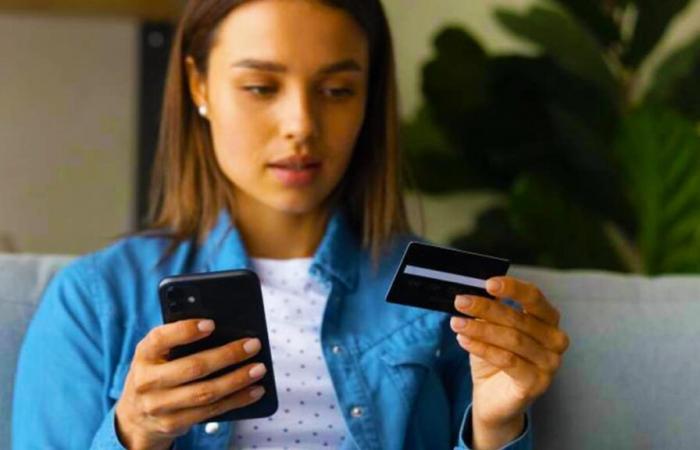Hide summary
The French are aware that there are many scammers and want to reach their bank accounts. To do this, they set up ingenious scams. The media are talking about it more and more and are inviting citizens to be extremely suspicious.
One of them, in particular, is not foreign to the readers of Night France. On several occasions, we spoke to you about this fake parcel delivery scam. Unfortunately, some French people are unaware that such scams exist. This is the case of Carole Tabuteau, a 35-year-old from Charentaise.
An SMS to empty your bank account
Before the end of year holidays, Carole was impatiently awaiting a package. One day, she receives a text message that appears to come from a delivery man. He tells her that he was not able, as agreed, to put the package in her mailbox.
A link appears in the SMS. Our readers know that this is often the start of a scam to lead the scammers to their bank accounts. But Carole, without suspecting the trap, clicks. She then discovers that she must choose a relay point. But this incurs costs of 0.99 euros.
To have
This crucial point must be checked so that your bank does not block your bank account
Seeing this amount, Carole becomes suspicious and refuses to pay the amount. She thinks it's a scam. But the days pass and she has no news of her package. She then ends up doubting and thinking that she had judged this SMS too quickly.. Finally, she clicks on the link and finds herself on a page that perfectly imitates Mondial Relay.
A perfect example of phishing, this technique so effective in reaching victims' bank accounts. On site, Carole pays by entering her banking details.
A fake bank advisor makes the situation worse
Unfortunately, his package still does not reach him. Worried, Carole checks the real Mondial Relay website. This is where she discovers that the tracking number provided in the fraudulent SMS does not correspond to any shipment. She then realizes that she has been the victim of a scam.
Seeking to limit the damage, she contacted her online bank, Boursoramafor help. She wants to protect her bank account at all costs. Shortly after, she received anonymous calls, allegedly from his bank advisor. Confident in this approach – which she expected – Carole follows the instructions of this false advisor.
The man on the line asks her to validate notifications she receives on her banking application. Thinking of solving the problem, it approves three transactions for a total amount of 1,300 euros.
To have
This payment method is the new target of scammers, they can empty your bank account
Worse still, he suggests that she increase her overdraft authorization. It is at this moment that Carole understands that she is once again the victim of a scam. She immediately cuts off the call, but the damage is done. His bank account is lighter by more than 1,000 euros.
A difficult recourse and a reminder to be vigilant
Carole files a complaint, hoping to get her money back. However, her bank refuses to reimburse her, arguing that the transactions were validated via Apple Pay and that the client had herself approved the operations.
This mishap highlights the importance of vigilance in the face of questionable messages and calls. To protect your bank account, you need to be careful.
First, never click on a link in a text message or email whose origin is uncertain. Prefer to access the official sites directly using your browser. Next, never share your banking information online, especially if the site seems suspicious.
Beware of anonymous calls. If in doubt, hang up and contact your bank directly via the official numbers. Finally, check your banking transactions regularly to quickly detect any unusual transactions.






